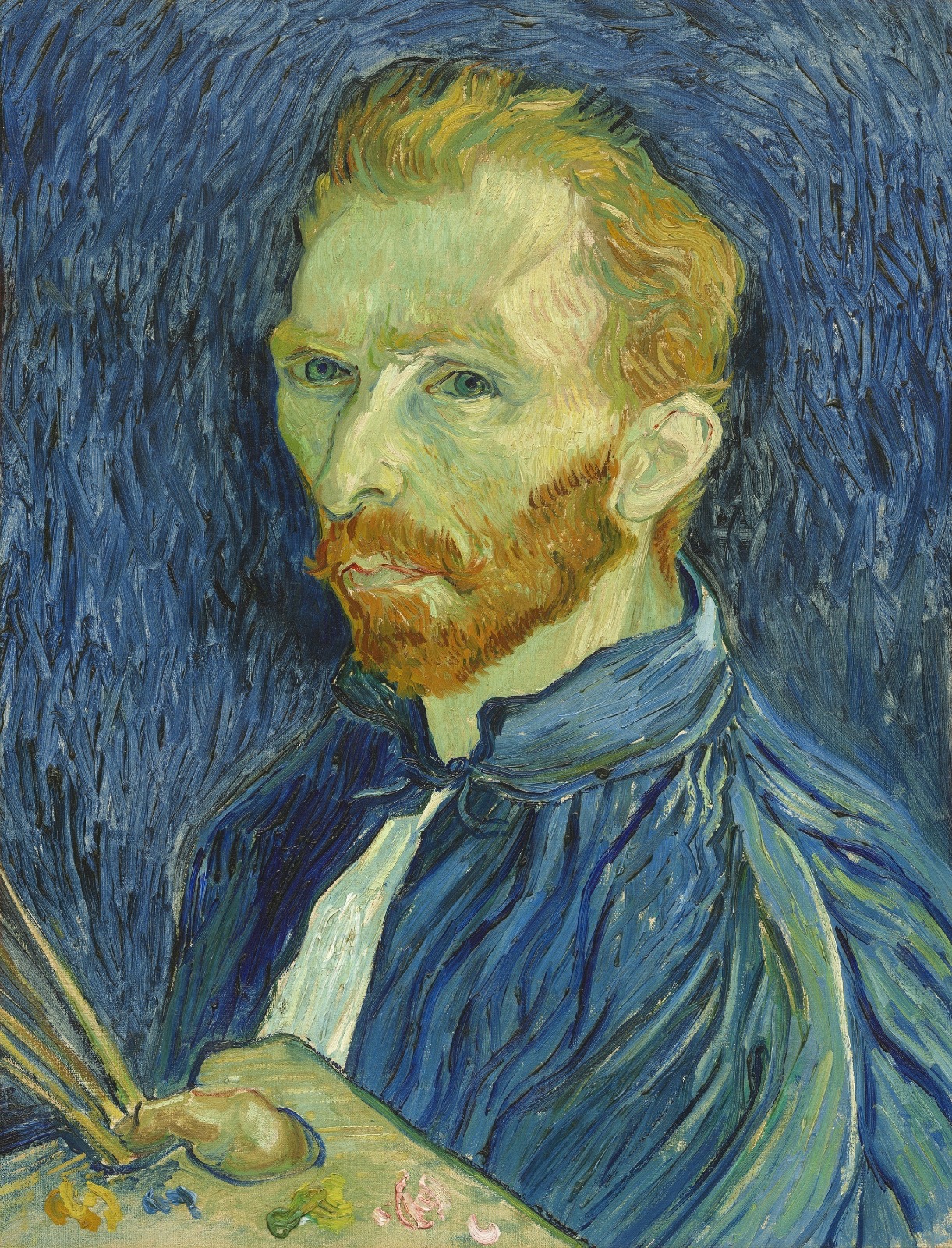
What Is ChatGPT? Everything You Need to Know
Unless you have a been in a complete daze for the last few months, you are likely to have heard about ChatGPT. ChatGPT stands for Chat Generative Pre-trained Transformer. And it is a total game changer.
At Veksa we have a highly experienced team of software experts. They are qualified to masters level in subjects such as machine learning (ML), artificial intelligence (AI) and cyber security. They will be able to give a much more in depth understanding of ChatGPT if it is something you want to work with. This blog, however, is written in layman’s terms. As a marketer, I am not as technical as our brilliant team. And I am going to write a blog, which hopefully gives some insight into ChatGPT, in simple terms.
In a nutshell…
ChatGPT is basically a chatbot, which is controlled by artificial intelligence (AI). It is an evolution of an earlier AI product from OpenAI, known as GPT-3. The company describe ChatGPT in the following way:
OpenAI – ChatGPT: Optimising Language Models for Dialogue
We’ve trained a model called ChatGPT which interacts in a conversational way. The dialogue format makes it possible for ChatGPT to answer followup questions, admit its mistakes, challenge incorrect premises, and reject inappropriate requests.
The technology behind ChatGPT, is in the name ChatGPT itself i.e: Generative Pre-trained Transformer. It is in fact, a sophisticated language model. Or what we often refer to as a language machine. The technology relies on statistics as well as supervised and unsupervised learning to create or index its content, in the form of sentences and phrases. It uses something called “deep learning”, which we look at in more detail in the section below. The potential for this text based artificial intelligence (AI) tool is huge, with an ability to answer in-depth questions and to sound like a human. Chatbots are not new. Some examples of chatbots we already use extensively in our everyday lives are Alexa and Siri. However, ChatGPT has taken the chatbot to a different level.
Deep learning
This is a type of machine learning, which itself is a subset of artificial intelligence (AI). In short, it applies a technique, which enables computers to learn, in the same manner that people do. Namely, by example. The idea that machines can learn like humans, might seem a step too far. However, if we look at some other examples of deep learning, we can see how useful it can be in everyday life. A self driving car uses deep learning. So do virtual assistants. Facial recognition is another example of machine learning in use.
The process and technology behind deep learning are complex, but I’ll try and distill it down. Deep learning works on many layers or neural networks. These neural networks are basically algorithms, which get their inspiration from the human brain. The algorithms learn from large amounts of data. The system will learn more over time. And as you put more information in to to the system, the brighter it will become.
Launch
The company, OpenAI, launched ChatGPT on the 30th November 2022. Since then it has garnered a lot of interest, with lots of speculation as to how it can be used. And also how it can be misused. The jury is out, but if the words of the OpenAI CEO Sam Altman are correct, we will soon be lost without it.
Sam Altman – CEO, OpenAI
“It’s an evolving world…we’ll all adapt, and I think be better for it. And we won’t want to go back”
Since ChatGPT launched, it has become a viral sensation and is much more sophisticated than anything, which has come before. The difference comes in the level of information provided by human AI trainers. We don’t know exactly what information has been used for ChatGPT, but OpenAI claims that it was trained using data from crawling the web as well as archived books and Wikipedia. It is clever enough to imitate writing styles and patterns. Apparently, the product’s intelligence and information comes from a deep and in-depth process, which was provided by the human artificial intelligence providers. Vast amounts of information, in the form of questions and answers, were fed into the system. The program was then asked to answer the questions several times. The human AI trainers, then ranked the answers. It seems that the initial human input, coupled with a very clever algorithm, has produced something really, really impressive.
How we can use ChatGPT
In theory, ChatGPT should be able to answer anything you ask it to in a text based format. From complex and involved answers to small and simple ones. It can formulate convincing and natural sounding answers to essay questions for school or university. Other possibilities include writing job applications, news articles or even fiction and poetry. It can even write code. There have been numerous reports in the press, that it really does produce very convincing text and answers. Although, there have also been reports, that sometimes it gets things seriously wrong.
Limitations
One thing that has occurred to me when reading information articles on ChatGPT is the issue of morality. It is obvious that although an AI tool can absorb and churn out enormous amounts of information, it doesn’t know the truth from a lie. There is always going to be the possibility of bias in the questions and answers. It is still a machine and there is still a need for humans to check the answers it is providing.
However, if you have an essay to write and ChatGPT can write it in minutes as opposed to days, having to check it for accuracies seems like a small price to pay. Understandably, there are some concerns from learning institutions around the ethics of using it for this purpose. Sam Altman, the OpenAI CEO has an interesting take on this. His response to a question touching on this subject and plagiarism, is thought provoking.
Sam Altman – CEO, OpenAI
“We adapted to calculators and changed what we tested in class”
I don’t think anyone today would expect pupils to sit a maths exam or do calculus without a calculator. However, it might not have seemed that way when we first learned about them. How we learn and process information may change. But as human beings we are always adapting and evolving, so I don’t see anything new there.
Another concern among teachers and learning institutions, is that it could lead to widespread cheating from pupils. Whilst this is a genuine concern, there is also huge possibility to use it as a tool for learning. Again Sam Altman, the OpenAI CEO had something to say about this concern, as he sees it as an opportunity for learning rather than cheating.
Sam Altman – CEO, OpenAI
“An unbelievable personal tutor for each kid”
ChatGPT in schools
The use of AI tools such as ChatGPT in schools, which is probably one of the most obvious uses for it, does, however, open up some existential questions.
Elon Musk’s tweet:
“Goodbye homework”
This will no doubt have been music to millions of students’ ears, but huge concern for parents and teachers. Schools and universities have already put rules in policies in place to avoid any cheating. For example in Austalia, universities are returning to supervised pen and paper exams, so pupils can’t pass answers off as their own.
The New York Times has produced some really interesting articles on the subject. It looks at the subject objectively. Column writer Brian X. Chen asks the important question:
“How can we use these tools ethically and safely”
The New York Times have also produced a lesson plan, which is worth looking at. It approaches the subject in a thoughtful way and asks some pertinent questions. To read the full article click here: Lesson Plan: Teaching and Learning in the Era of ChatGPT.
They have also created a student opinion piece entitled: How Should Schools Respond to ChatGPT? It gives an interesting insight from pupils who are faced with the possibility of using this tool and how it may impact them.
Another recent article in The New York Times, Alarmed by A.I Chatbots, Universities Start Revamping How They Teach is well worth a read. It refers to a professor of philosophy at Northern Michigan University who suspected a paper, which was easily “the best paper in the class” was not written by the pupil themselves. It turned out the paper had been written using ChatGPT. The professor has consequently adapted how he requires his pupils to write essays for his class. He has also incorporated ChatGPT into his lessons, by asking students to evaluate the chatbot’s answers.
The article is intriguing and well worth a read. It gives some real insight into how teachers and professors may now need to incorporate ChatGPT into their lessons and teaching methods. In other words, how they can move with the times.
Other areas of concern
Clearly, whilst there are ways in which teachers can adapt ChatGPT for today, it is nevertheless raising concerns. Other professions, for example, journalists are thinking of the impact on their jobs and work. Marketers and content writers are also looking at potential job losses…. oh dear. There may be some lazier types out there, who are thinking this is a brilliant way to cut down time in the office. Mundane and routine tasks can be passed off as one’s own. However, as I touched on before, ChatGPT doesn’t know the “truth” from propaganda or lies and the end product will depend entirely on the information it has indexed. The information is garnered largely from the internet. And as we all know, this isn’t always an entirely reliable source for accurate information.
Apparently, ChatGPT is programmed to not answer questions on race. Or give medical or financial advice. This is some comfort as clearly emotional intelligence as well as ethics and morality are not something replicated by AI or a machine, as yet.
Now to the positive
It seems to me that the only real drawback is the accuracy and reliability of the information ChatGPT is indexing to produce the answers is factually (and ethically) correct. There are many, many uses, where this can be ensured and it can be used effectively and efficiently. Training, seems to be an obvious area, which can really benefit. Businesses can cut down massively on their costs for training employees and onboarding new ones, if ChatGPT can replace the role of expensive courses and processes.
Customer service is also an area, which can benefit from the chatbot upgrade. Current systems can be frustrating to say the least, so this could be an area to see real benefit.
It can be a source for learning as well as cheating. There’s barely a date or event in history that it can’t give the answer to.
In terms of how to use it effectively in journalism etc, an obvious solution would be to attribute any article or piece written by the program, to ChatGPT.
According to OpenAI’s website, their mission statement is:
“to ensure that artificial general intelligence (AGI) – by which we mean highly autonomous systems that outperform humans at most economically valuable work – benefits all of humanity”.
Let’s hope this desire/prediction comes to pass, where ChatGPT is concerned.
What next
For sure, this will evolve and develop. Without a doubt other companies such as Google, Microsoft (already in the field) will start to up their game to compete with ChatGPT. As with these things it is often difficult to predict exactly where they will go, but to be sure, other players like Google and Oracle will soon jump on the bandwagon. zWatch this page.
Now for the practical
If you’re curious and want to find out more about ChatGPT, then have a look at OpenAI’s website. You can currently try Chatbot for free as it’s in the research preview stage. OpenAI are looking for users’ feedback, so they can find out about its strengths and weaknesses. No doubt, the company will monetise this shortly, so now is probably a good time to give it a go and see what you think.
Finally
Veksa is a digital growth agency and we have a team of highly skilled experts with masters degrees in subjects such as AI (artificial intelligence) and ML (machine learning). If you would like to chat through a project, which incorporates ChatGPT or any other aspect of ML or AI, then please get in touch. You can book a short online meeting with one of our experts here. These are exciting times for the world of artificial intelligence. Why not give us a call and see how you can use new technology to your advantage.
Veksa’s mission is to “harness the very latest technology to support any ambitious growth strategy exclusively through digital means”. Let us see how we can help your business grow.




